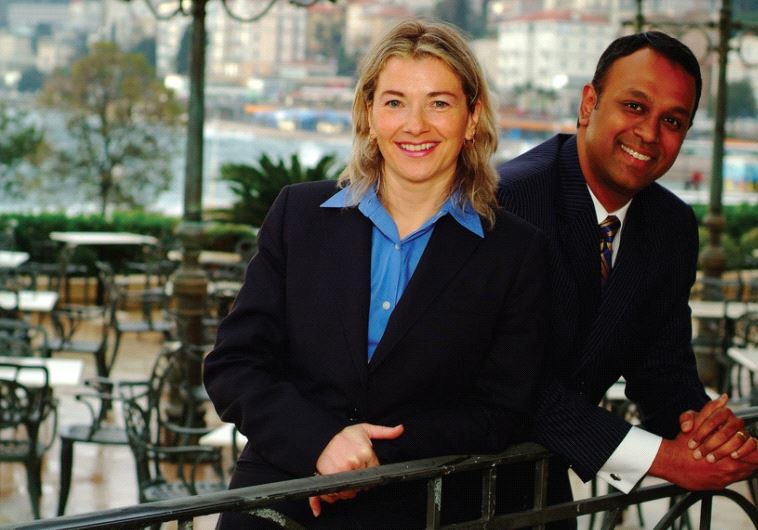The unique couple behind the Jerusalem Leaders Summit
"The best way to show support for Israel is right here in Israel," according to Natasha
Srdoc and Joel Anand Samy.
 Natasha Srdoc and Joel Anand Samy(photo credit: INTERNATIONAL LEADERS SUMMIT)Updated:
Natasha Srdoc and Joel Anand Samy(photo credit: INTERNATIONAL LEADERS SUMMIT)Updated: